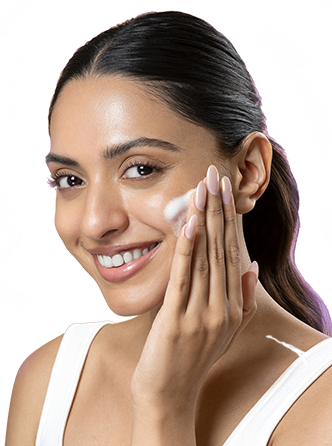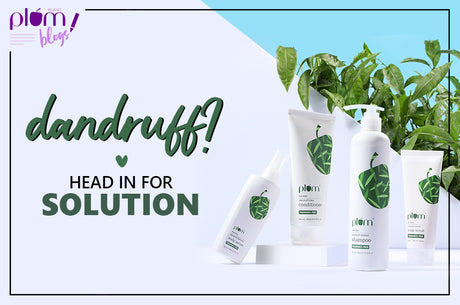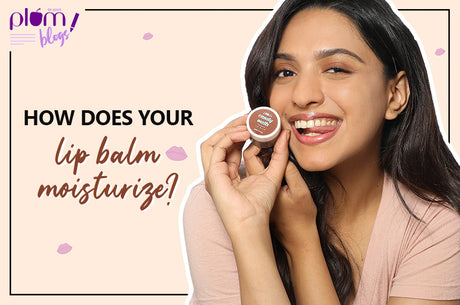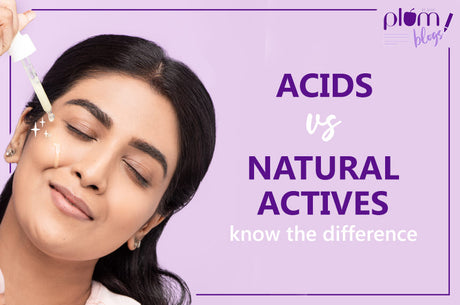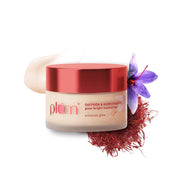
Hearing the word ‘acid’ might conjure up spooky images of a mad scientist doing experiments in your head. But when it comes to skincare routines, when we say ‘acids’ we are talking about amazing concoctions of certain synthetic or natural ingredients in the right concentration that are very beneficial for your skin.
They are scientifically tested to help your skin fight acne, wrinkles, spots, uneven skin tones, and so many more problems that you might as well consider them magic potions from Hogwarts. You have plenty of options when it comes to active acids, and it can become tough to understand which one you should choose for yourself. Here’s a list of some of the most common actives and their benefits.
Glycolic Acid
The silver bullet of the beauty industry for anti-ageing effects. Glycolic acid probably is the most commonly used AHA (alpha hydroxy acid) in skincare products. Derived from the sugarcane plant, this acid has a small molecular formula allowing it to easily penetrate the skin and go deep within. You can find this much-loved ingredient on our green tea range of plums.
Here’s a list of the benefits glycolic acid gives to your skin:
- Prevents acne
- Helps fade away dark spots
- Reduces fine lines
- Exfoliates your skin
- Helps in increasing the thickness of your skin
- Evens out skin tone and texture
A small downside of glycolic acid is that it increases your skin’s sensitivity to the sun even when you’ve not applied it recently. So make sure to apply sunscreen after using glycolic acid and on a regular basis to protect yourself.
Mandelic Acid
Mandelic acid, like glycolic acid, is another AHA. It is sourced from bitter almonds and is a great exfoliator useful for evening out skin pigmentation, treating sun damage, and preventing acne.
It has a slightly larger molecular structure than glycolic acid and hence takes a bit longer to penetrate the skin making it less irritating to your skin. Due to this reason, it is commonly used and recommended in peels.
Salicylic Acid
This active ingredient has been present in the cosmetic industry for a long period of time and is best known for treating acne. It is able to clear the pores of your skin by acting as an exfoliant and hence reducing the chances of acne forming on your face.
Salicylic acid is present in products like cleansers and serums. It is usually kept at a very low concentration; about 0.5 to 2% in most products.
In some cases, it is used in higher concentrations as a peeling agent to treat acne, acne scars, melasma, and sun damage. It also has anti-inflammatory properties.
Kojic Acid
Kojic acid is made from the bacteria that are used in the rice fermentation process to make products like sake. It is a common ingredient in many Asian skincare products thanks to its anti-ageing properties and ability to reduce hyperpigmentation and uneven skin tone.
It can be found in products like serums and cleansers. Although it is an extremely effective active ingredient, the only downside is that it is quite irritating to the skin. Hence you should check for lower concentrations of it being present in products and avoid it if you have sensitive skin.
Azelaic Acid
For over three decades, azelaic acid has been used in the fight against acne. It is found in many prescription-only creams at concentrations of around 15 to 20%.
It is used in products like morning and night creams. Unless you have sensitive skin, you won’t see any side effects like stinging, redness, or skin irritation. You can say goodbye to post-acne marks as this acid acts as a skin-lightening agent as well.
Ascorbic Acid
Ascorbic acid is a form of vitamin C; it is a water-soluble version of it. Using ascorbic acid as a topical treatment soothes skin from inflammation and shows anti-ageing effects. Using vitamin C on your face helps reduce the appearance of dark spots caused by sun damage
FAQs
Q1. Is hyaluronic acid an active ingredient?
Yes, hyaluronic acid is an ingredient that you will find in products like serums, cleansers, and moisturizers. This active acid helps your skin absorb moisture from outside as well as deep within your skin, keeping your face soft, moist, supple, and well hydrated.
It is suitable for almost all skin types except if you have very sensitive skin or if you have an allergic reaction to it.
Q2. Is retinol an active ingredient?
Yes, retinol or vitamin A is an active ingredient that is great for boosting the renewal of skin cells and reducing fine lines & wrinkles.


